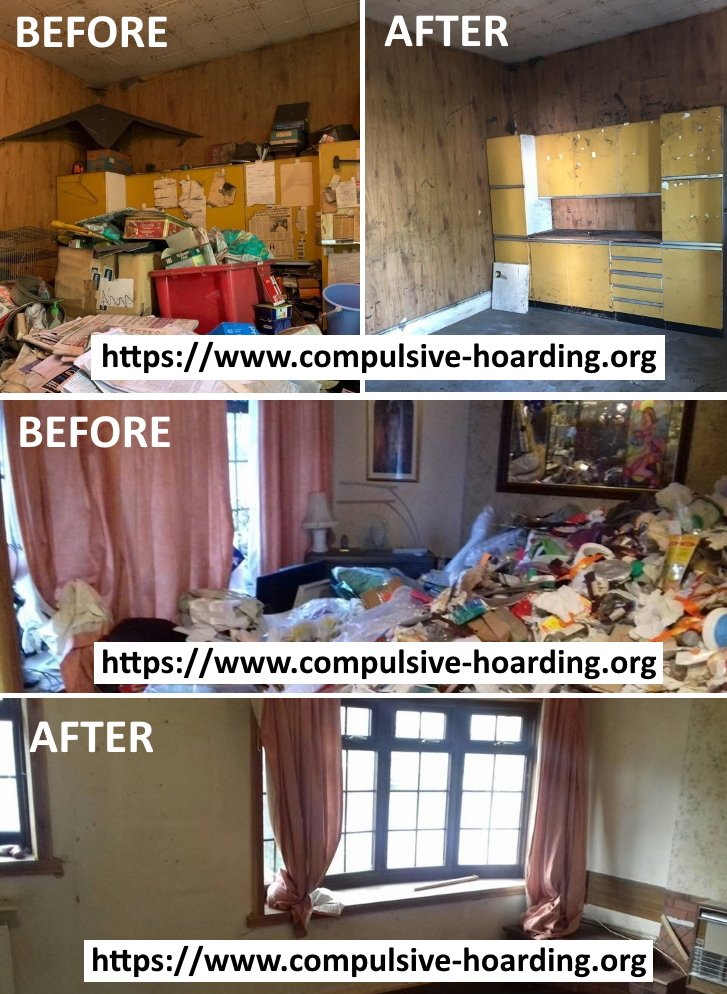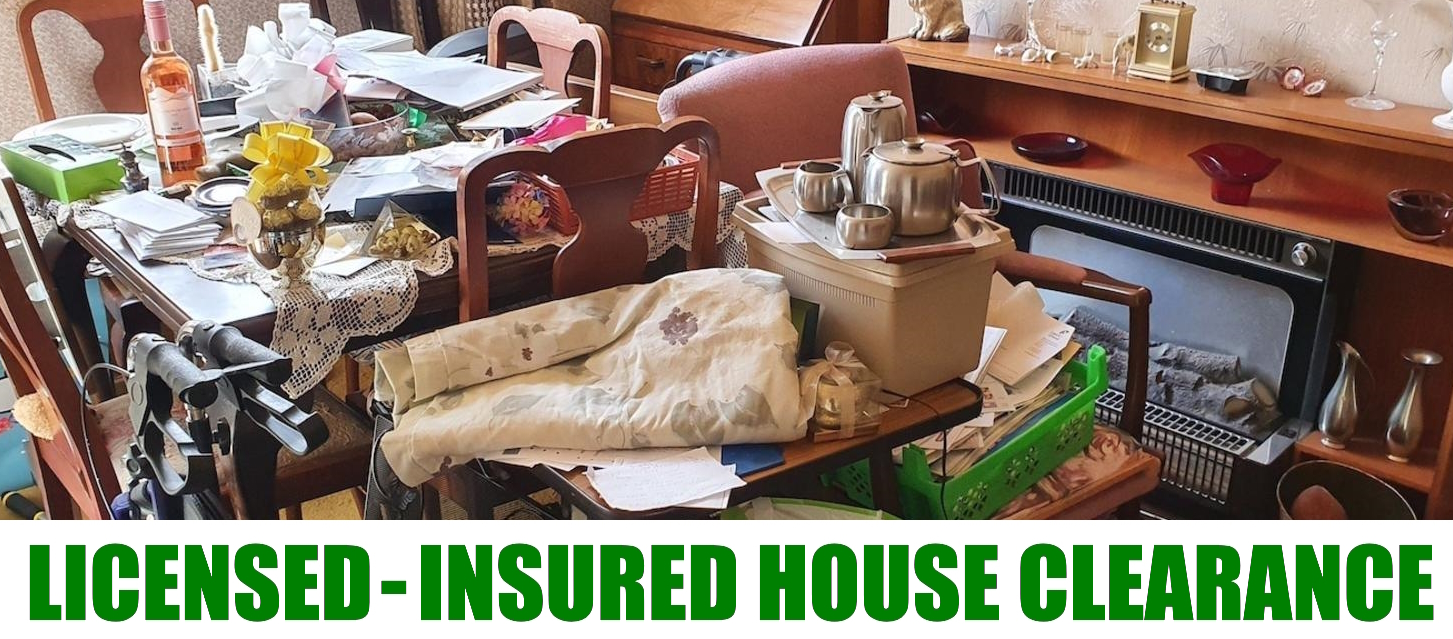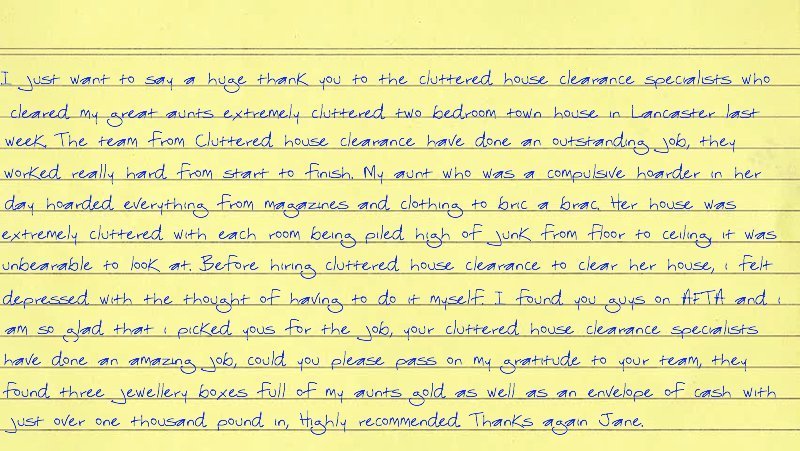
Question: After my first visit to a specialist, I was diagnosed with OCD and OCPD. We need to meet again before she’s sure about OCPD. Please explain the difference between OCD and OCPD.
Answer 1: Here’s a short version: OCD involves specific obsessions and compulsions that the individual does not like or want. OCPD involves a general personality style (e.g., extremely inflexible, perfectionist, detail oriented) that may bother others but often is perceived by the individual as being acceptable or even preferable to the way others behave. As you might imagine then, people with OCD are more likely to pursue help. Individuals with OCPD are more likely to be pushed into treatment by family or others if they seek help at all. These are generalizations and there are of course exceptions in individuals cases. A person can have OCD and OCPD, but most people with OCD do not have OCPD. A person can have OCPD without OCD. I hope that helps. Continued near the bottom of this page.
Clearing a hoarder’s house? The Cluttered House Clearance Company offer professional compulsive hoarding clearing services in the UK. Specialists in cluttered hoarder house clearance.
Call us now to discuss your situation, let us tell you how our service works.
The Cluttered House Clearance company are fully licensed with the UK environment agency (Environment Agency Waste Carrier License NO #: CBDU284870), we are also members of AFTA.ORG.UK the Anti Fly Tipping Association
I just want to say a huge thank you to the cluttered house clearance specialists who cleared my great aunts extremely cluttered two bedroom town house in Lancaster last week. The team from Cluttered House Clearance have done an outstanding job, they worked really hard from start to finish. My aunt who was a compulsive hoarder in her day hoarded everything from magazines, clothing to bric a brac.
Answer 2: In OCPD, individuals don’t see their behavior as a problem. It seems a part of who they are, and they usually can’t see themselves changing. They don’t usually go for treatment, unless others are strongly pressuring or threatening them, or their behavior has gotten them in some type of trouble. Even then, they see the situation as being a problem that someone else is having with them, not a problem they, themselves are having. They also tend to be quite perfectionist and controlling. If you don’t really see any problem with your hoarding, enjoy saving things, and deep down don’t really want to change this behavior, then I would consider OCPD. If it seems foreign to you, you really hate it, but just don’t know how to stop, then I would look more toward OCD — particularly if you are saving things due to doubt, or else due to guilt about throwing away potentially useful things.
Answer 3: OCPD is considered a set of personality traits that are characterized by orderliness, preoccupation with details and schedules, perfectionism that interferes with getting things done, excessive devotion to work and productivity, overconscientiousness or inflexibility about matters of values, miserliness, rigidity. These things are usually viewed by the person as good traits, but others often find them excessive and unpleasant. These traits interfere with the person’s ability socializing and enjoying life. Hoarding of possessions is sometimes part of this picture, and if it is, it is usually because the person has strong moralistic beliefs about being wasteful, saves things to avoid this, and thinks others should do so to. However, hoarding often occurs in people without OCPD and in that case the hoarding tends to be more often because of strong attachment to items and beliefs that items somehow represent part of their identity; throwing things away causes anxiety and sometimes crying.
Answer 4: OCD is a disorder characterized by obsessions and compulsions. Obsessions are ideas, images, urges etc. that come intrusively into ones mind and produce distress or anxiety. Compulsions are behaviors designed to reduce the anxiety. Hoarding is essentially a set of compulsions and avoidance behaviors. It is a common form of OCD. Although hoarding is mentioned in the diagnostic criteria for OCPD this is not something that really fits of there. Making the diagnosis of OCPD on the basis of hoarding is a mistake. OCPD is diagnosed based on a pattern of behaviors including rigidity, focus on rules to the extent that they loose sight of the purpose of what they are doing. I think your intern may need to do some homework him/her self and learn more about OCD.
FREE Hoarded House Clearance Asset Recovery Service…
Our pre house clearance asset recovery service is 100% FREE. If we find NOTHING in the property then we ourselves expect nothing, no charges, no fees. We only get paid if we locate items of value and of course if you ask us to undertake the actual clearance after the search has been completed.
Please take a minute or two to read our page about our FREE Hoarded Houses Clearance Asset Recovery Service.








